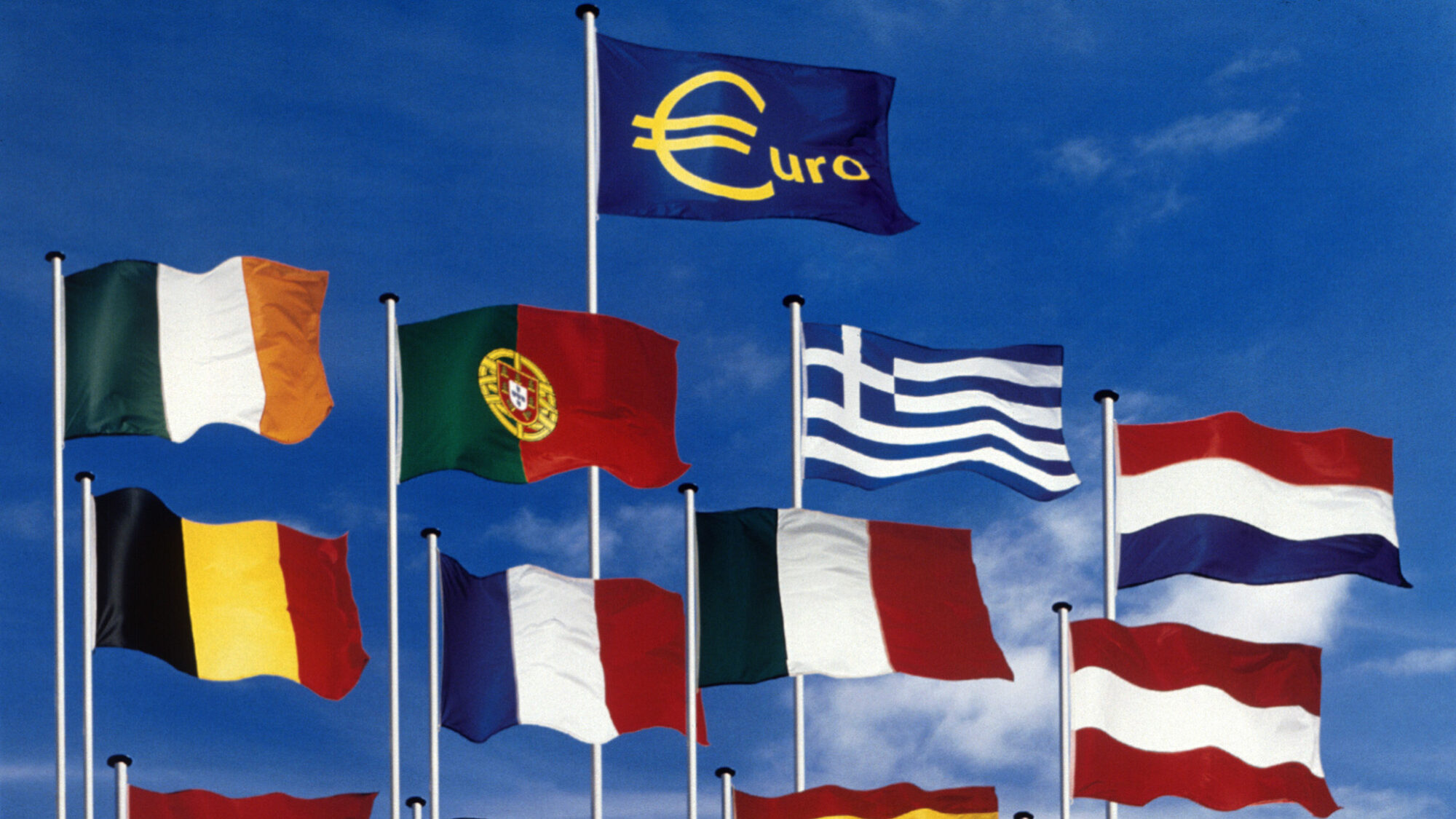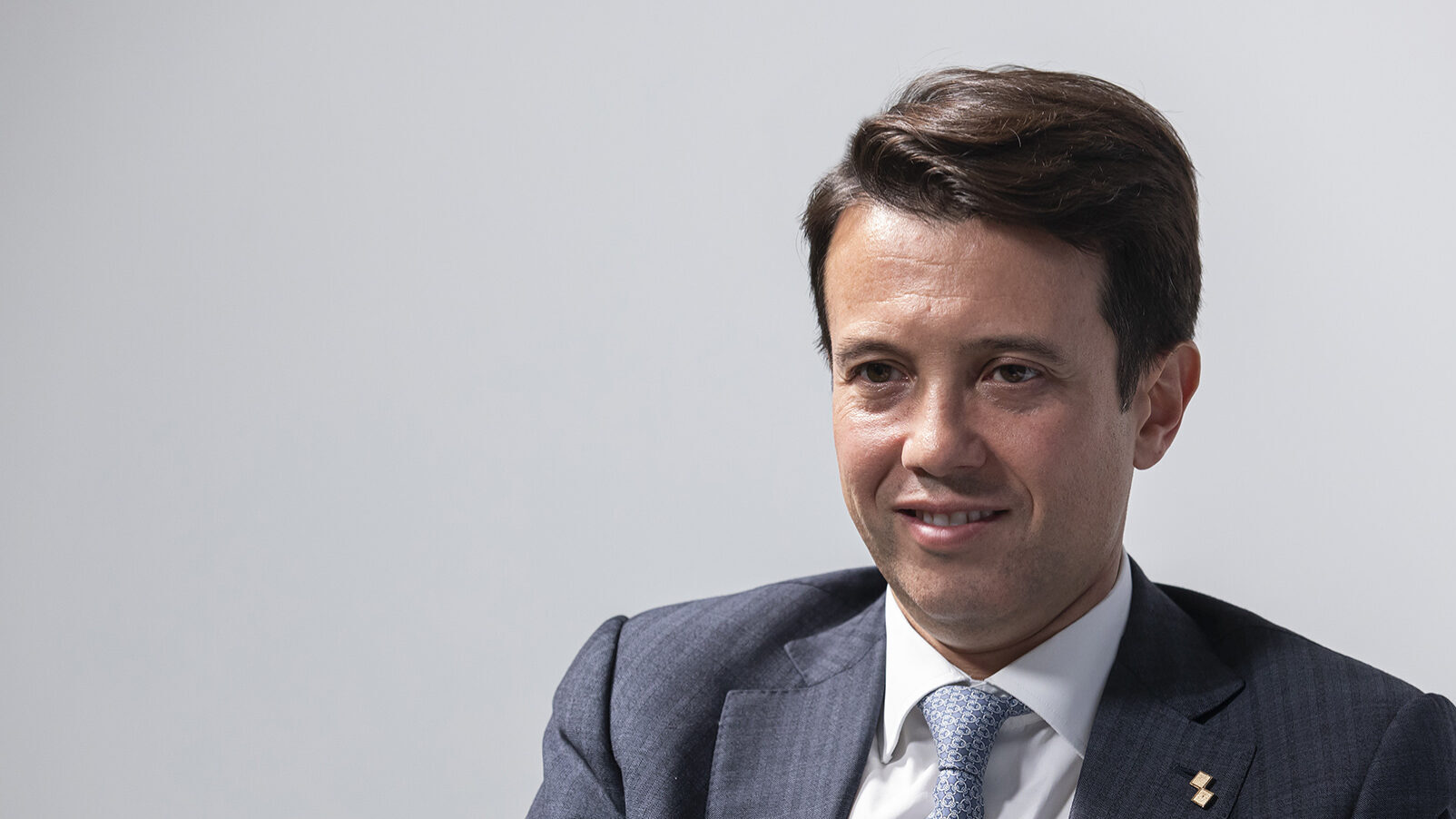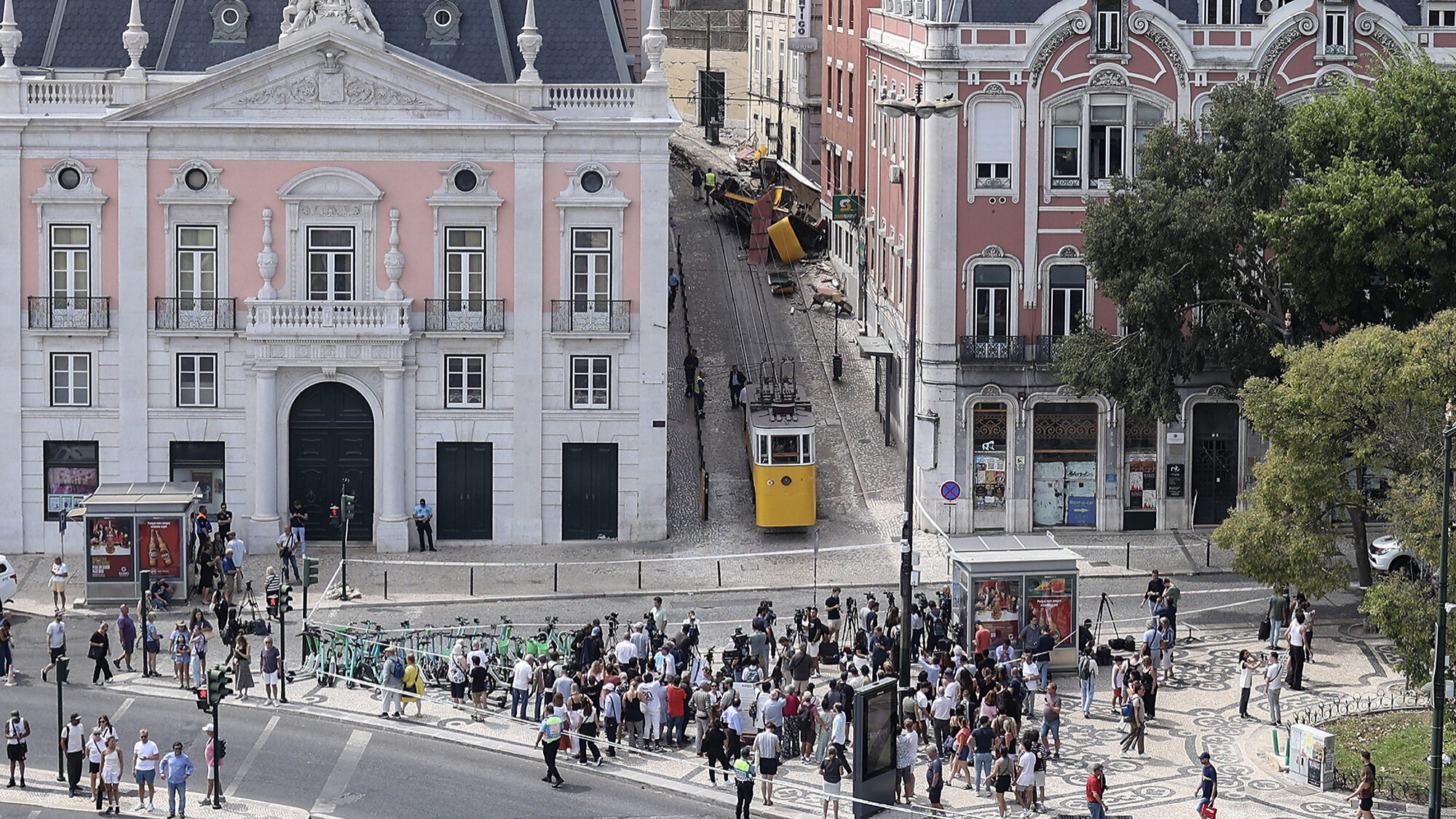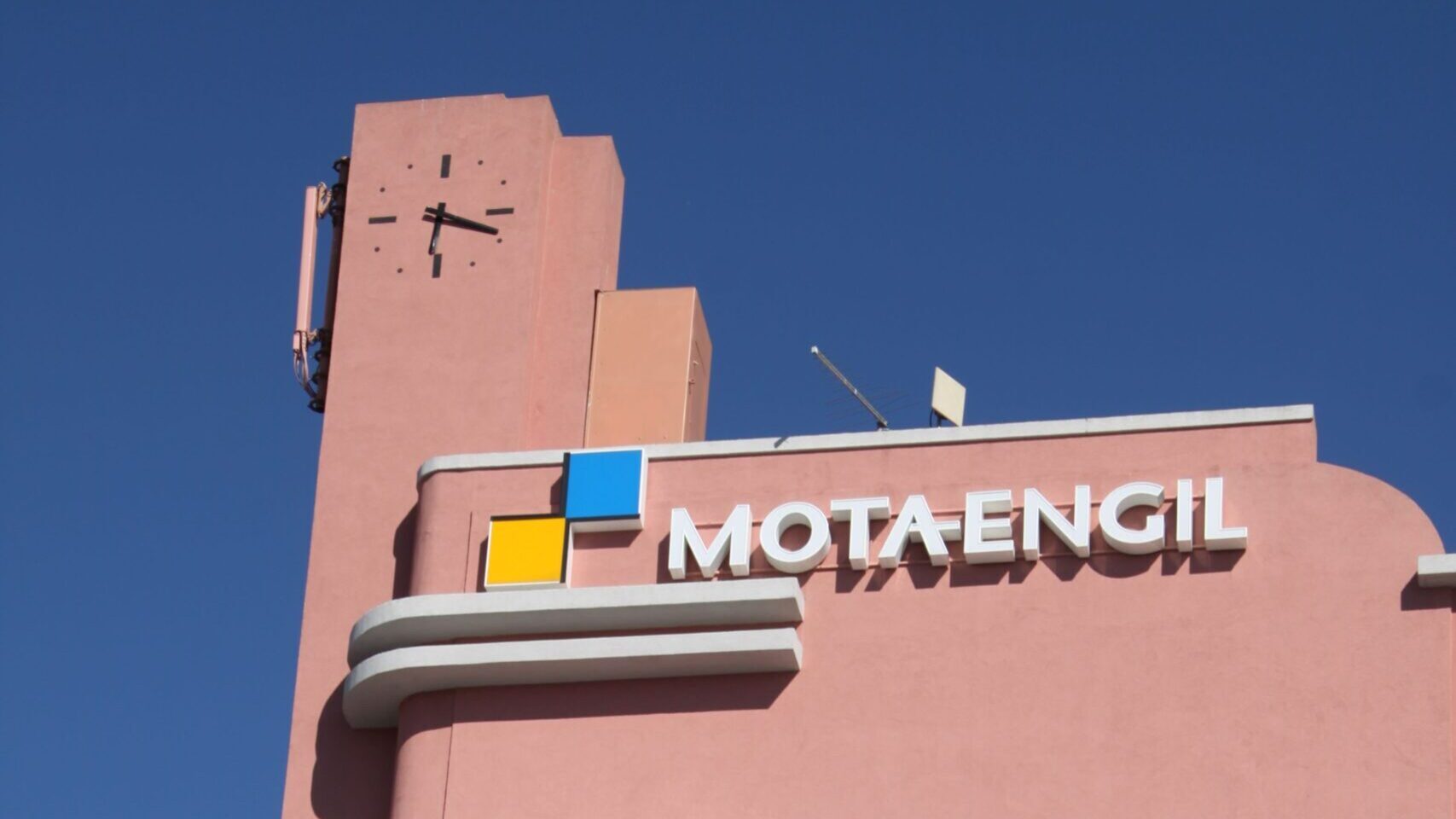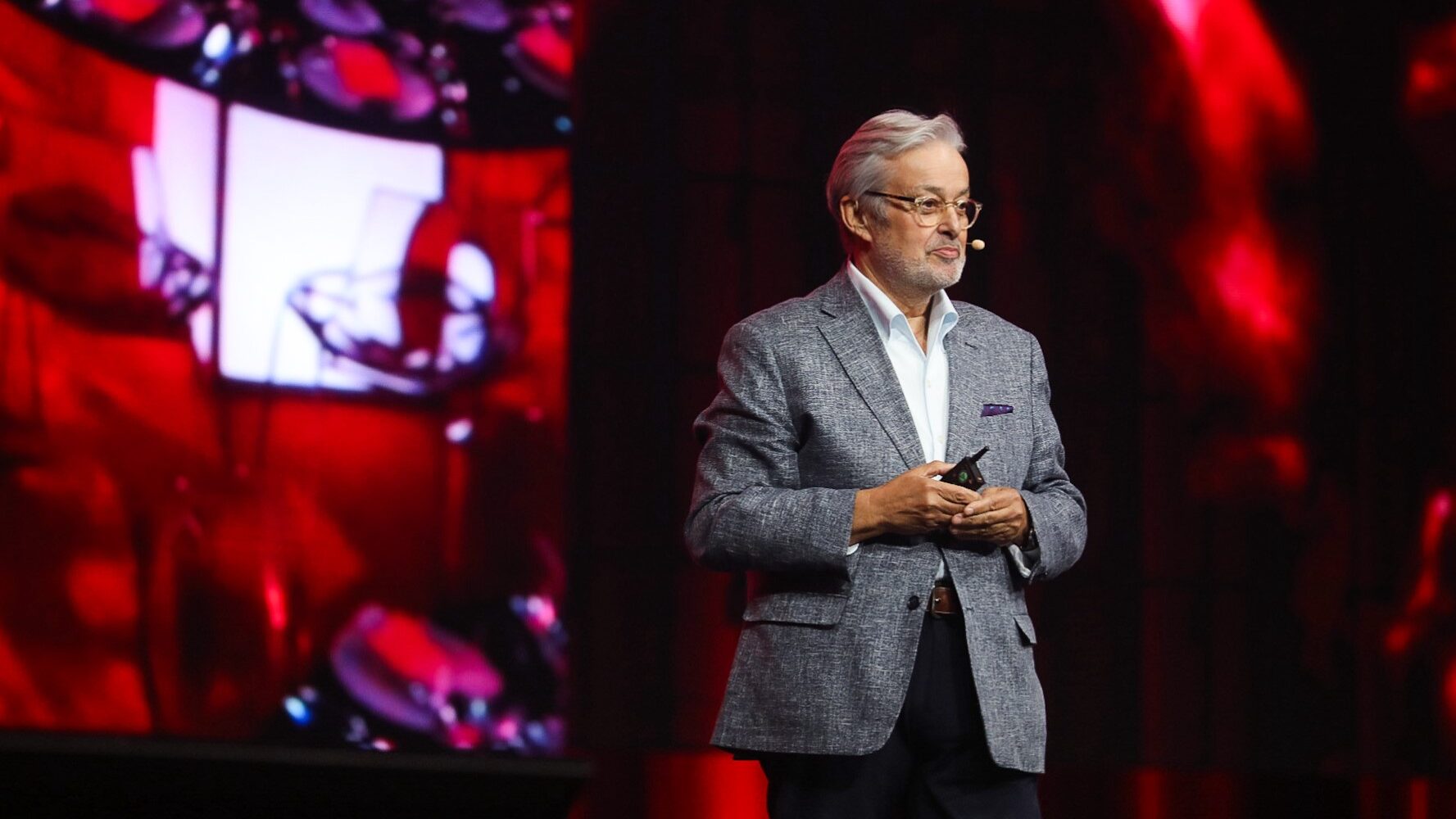Portuguese builders fill their order books at high speed and ‘earn’ €1 billion on the stock market this year
Analysts believe that Portuguese construction companies can continue to benefit from large projects. The sector in Europe is also rising, but much less so.
The construction sector on the Portuguese stock market is experiencing a golden age. After years of (almost) no investment, the arrival of major projects and public investment in large-scale infrastructure in Portugal has allowed companies in the sector to strengthen their order books… and their stock market value. This year alone, Mota-Engil and Teixeira Duarte have already ‘earned’ more than €1 billion on the stock market.
While Mota-Engil has doubled in value in 2025, Teixeira Duarte has seen its market capitalization multiply eight times. Together, they have seen their market capitalization grow by almost €1.11 billion this year. Since the end of 2019, both have quadrupled in value.
Teixeira Duarte returned exactly one month ago to the main showcase of the Portuguese stock market and is already by far the big star of the Lisbon stock exchange’s benchmark index, with a stratospheric climb of 717.7%.
Despite the nearly 17% decline in the last three sessions, easing off (yet another) series of significant gains after the presentation of the 2026 State Budget proposal, in which the Executive committed to continuing the major projects in its portfolio — from high-speed rail to expansion works at Lisbon and Porto airports, to port concessions — the company’s market value has multiplied more than eightfold since the beginning of the year. The sharp rise in the share price, from €0.0790 to €0.646, catapulted Teixeira Duarte’s market capitalization to €271.3 million, €238 million more than it was worth at the end of 2024.
This sharp rise in the share price follows a period of financial recovery, which has fueled more positive prospects for the company, after closing a deal to restructure its debt with banks and increasing its profit to €42.4 million in the first half of the year, having managed to raise €440 million for its order book with its participation in the consortium that won the first section of the High Speed Rail project.
In recent comments to ECO, Pedro Oliveira, a trader in Banco Carregosa’s trading room, highlighted the company’s “focus on major construction and infrastructure projects in strategic markets such as Portugal, Angola, and other African countries, which positions it to benefit from a new cycle of public and private investment”.
If Teixeira Duarte is taking advantage of this new wave of investment, Mota-Engil is doing so even more, having secured contracts worth billions of euros. Teixeira Duarte’s partner and leader of the Portuguese consortium in Alta Velocidade has announced a series of new contracts.
The latest, made public this week, concerns a railway construction project in Mexico worth a total of around €820 million, which adds to the recent award of other contracts in the same country worth close to €200 million associated with the construction of railway infrastructure, bringing the total value of new projects in Mexico to over €1 billion.
Prior to this — and the 800 million raised from the concession of the first section of the high-speed rail line in Portugal — the Mota family’s construction company had won the bid against Spain’s Acciona for the construction, operation, and maintenance of the tunnel that will connect the cities of Santos and Guarujá on the coast of São Paulo, contracts worth €1.4 billion in gold mining in Africa, contracts with Petrobras in Brazil, among many others. These more complex and valuable contracts have allowed the company led by Carlos Mota dos Santos to maintain its order book at record levels.
These achievements have been reflected in the company’s stock market performance. Its shares will almost double in value by 2025, accumulating a 97.5% increase, with a market value of €1.8 billion, €872 million more than at the end of 2024.
Despite this sharp rise, analysts remain optimistic about the sector’s development, which will continue to benefit from major public and private works projects in the country, such as the high-speed rail link, where the sector wants to ensure that the “Portuguese contribution does not end in Oiã”. At the signing ceremony for the concession contract for the high-speed rail line between Porto and Oiã, the company’s CEO, Carlos Mota dos Santos, assured that national companies will continue to present “Portuguese engineering solutions to continue” the construction of the high-speed rail in Portugal.
“We are confident in the company’s performance and in the future of construction in Portugal, which we believe is not yet reflected in the current share price”, Pedro Lino, CEO of Optimize, recently told ECO, regarding the strengthening of negative positions in Mota-Engil’s capital.
In addition to high-speed rail, the company is also involved in the construction of the current Lisbon airport, after ANA – Aeroportos de Portugal selected the consortium composed of Mota-Engil, Vinci, Alves Ribeiro, and HCI Construções for the expansion of Humberto Delgado Airport.
Pedro Barata, manager at GNB, shares this optimism for the construction company. “We continue to believe that the company has a management team that is doing its job well. Financially, it is a solid company and has been securing more and larger projects, many of them with higher margins than it achieved in the past. Given this scenario, we cannot help but view the company’s future with some optimism”, says the manager.
Taking into account the accumulated gains this year, both Teixeira Duarte and Mota-Engil have more than quadrupled their stock market value since the end of 2019, with valuations well above those recorded by the Stoxx 600 construction index, in which neither company is represented, which has risen 59.4% over the last five years.
In annual terms, the European index for the sector has accumulated a gain of around 17%, with only two companies competing with the level of gains of Portugal’s Mota: Bilfinger (107.6%) and Hochtief (94%).
Despite all the uncertainty surrounding the economy, generated by the imposition of tariffs and geopolitical conflicts, construction has managed to maintain a level of robustness, with investors confident that the economic recovery will allow for more investment in infrastructure.
